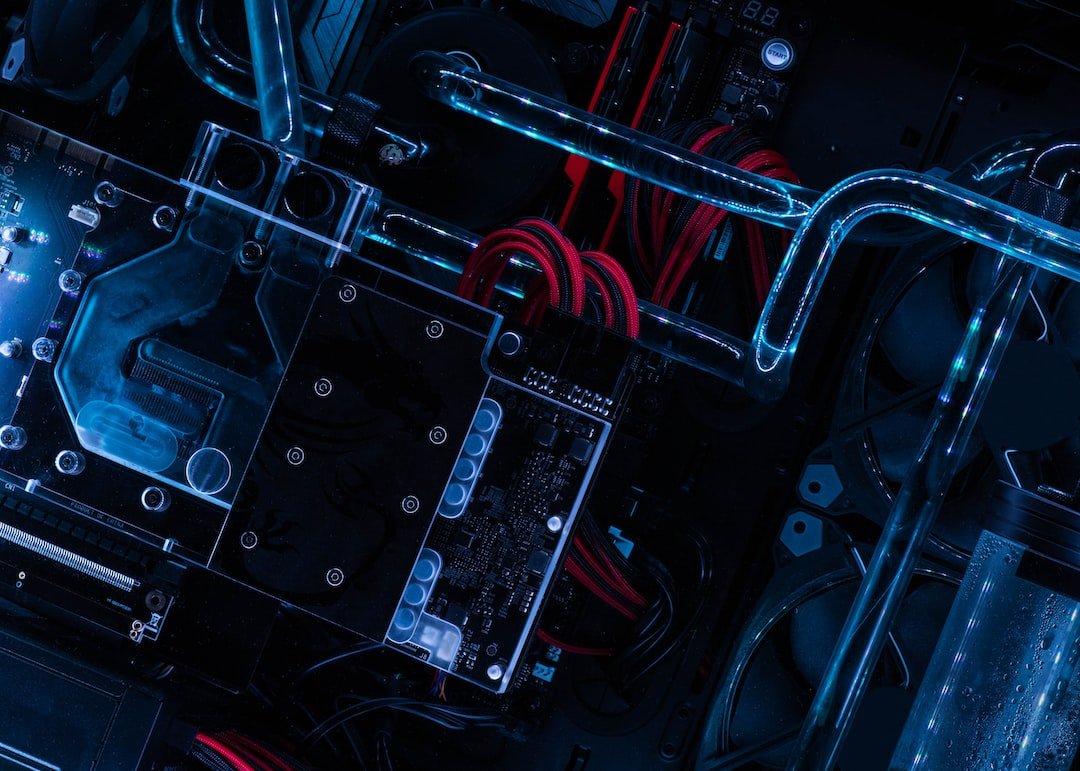The Future of Artificial Intelligence: What to Expect in the Next Decade
Artificial Intelligence (AI) has become one of the fastest-growing and most exciting fields in technology. Over the past few decades, we have seen incredible advancements in AI, from self-driving cars to virtual personal assistants like Siri and Alexa. With the rapid pace of innovation in this field, what can we expect to see in the next decade? In this blog post, we will explore the future of AI and the potential it holds for transforming various industries.
First and foremost, AI is expected to revolutionize the healthcare industry. With the ability to analyze vast amounts of medical data, AI can assist in diagnosing diseases, predicting outcomes, and suggesting personalized treatment plans. This will greatly enhance the accuracy and efficiency of healthcare decisions, potentially saving countless lives. Additionally, AI can automate mundane tasks, allowing healthcare professionals to focus on more complex and critical areas of patient care.
The impact of AI in education is another area that holds promise. Intelligent tutoring systems can personalize learning experiences, adapting to the unique needs and abilities of each student. As a result, students can receive individualized attention and support, ultimately leading to improved academic outcomes. AI-powered virtual reality and augmented reality applications will also change the way students learn by creating immersive and engaging experiences.
AI will continue to play a significant role in the automotive industry as well. Self-driving cars are already being tested and have the potential to make our roads safer and more efficient. In the next decade, we can expect to see more autonomous vehicles on our streets, reducing accidents caused by human error and improving traffic flow. Additionally, AI can optimize vehicle performance, reducing emissions and making transportation more environmentally friendly.
The retail industry is also set to experience transformations through AI. With the use of machine learning algorithms, businesses can gain valuable insights into customer behavior, enabling them to create personalized marketing campaigns and improve customer experiences. AI-powered chatbots will become more intelligent, offering instant and accurate customer support. Virtual reality and augmented reality technologies will further enhance the shopping experience, allowing customers to try on clothes virtually or visualize how furniture would look in their homes.
One of the most intriguing aspects of AI is its potential impact on the job market. While AI may automate certain tasks, it also has the potential to create new job roles and opportunities. As routine and repetitive tasks become automated, humans can focus on more creative and complex tasks that require critical thinking and problem-solving skills. However, it is crucial for governments, businesses, and individuals to take proactive measures to upskill and retrain the workforce to successfully adapt to these changes.
Ethical considerations surrounding AI will also be at the forefront in the coming years. As AI becomes more embedded in our daily lives, issues such as privacy, fairness, and accountability will need to be addressed. Striking a balance between innovation and ethical considerations will be vital to ensure that AI technology is used responsibly and serves the best interests of humanity.
In conclusion, the future of AI holds tremendous potential for transforming various industries. From healthcare to education, automotive to retail, AI will revolutionize how we live, work, and interact. It will improve the accuracy and efficiency of critical decision-making processes, enhance learning experiences, and make transportation safer and more environmentally friendly. However, to fully realize the benefits of AI, we must address the ethical concerns and ensure that we create a future in which humans and AI can coexist harmoniously. The next decade promises to be an exciting time for AI, and we can look forward to witnessing the incredible advancements that will shape our future.

